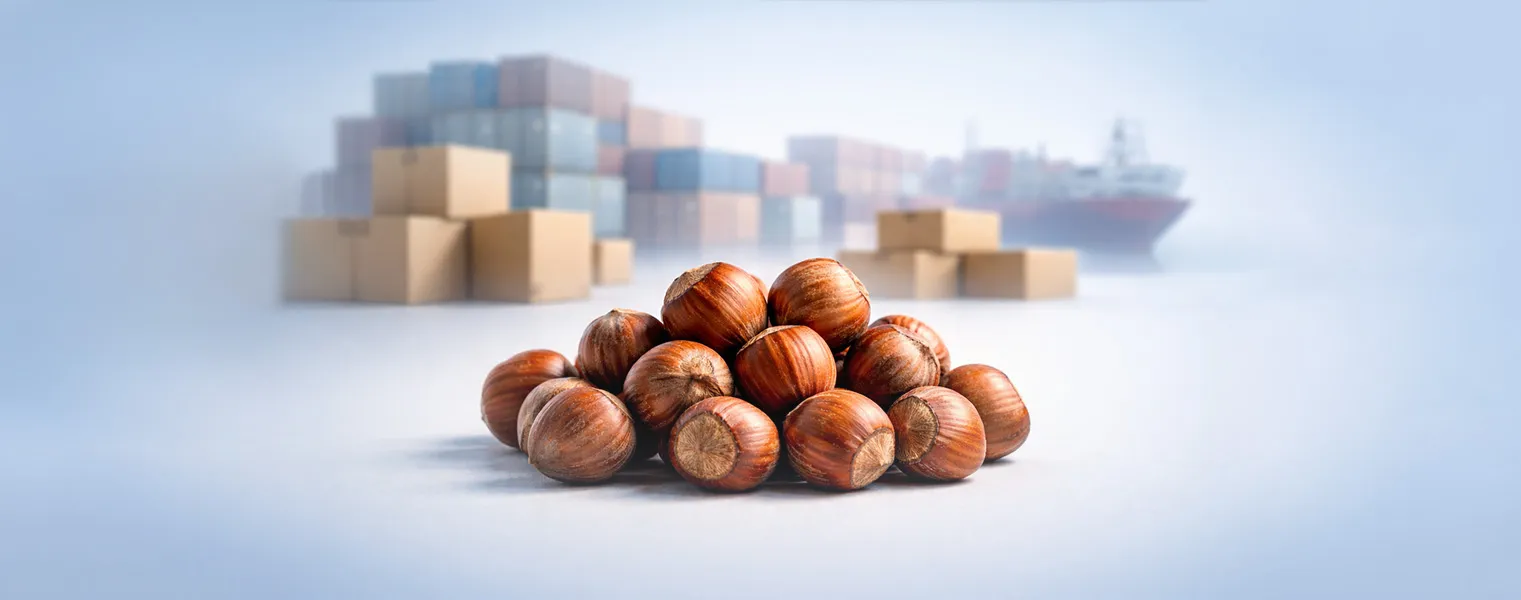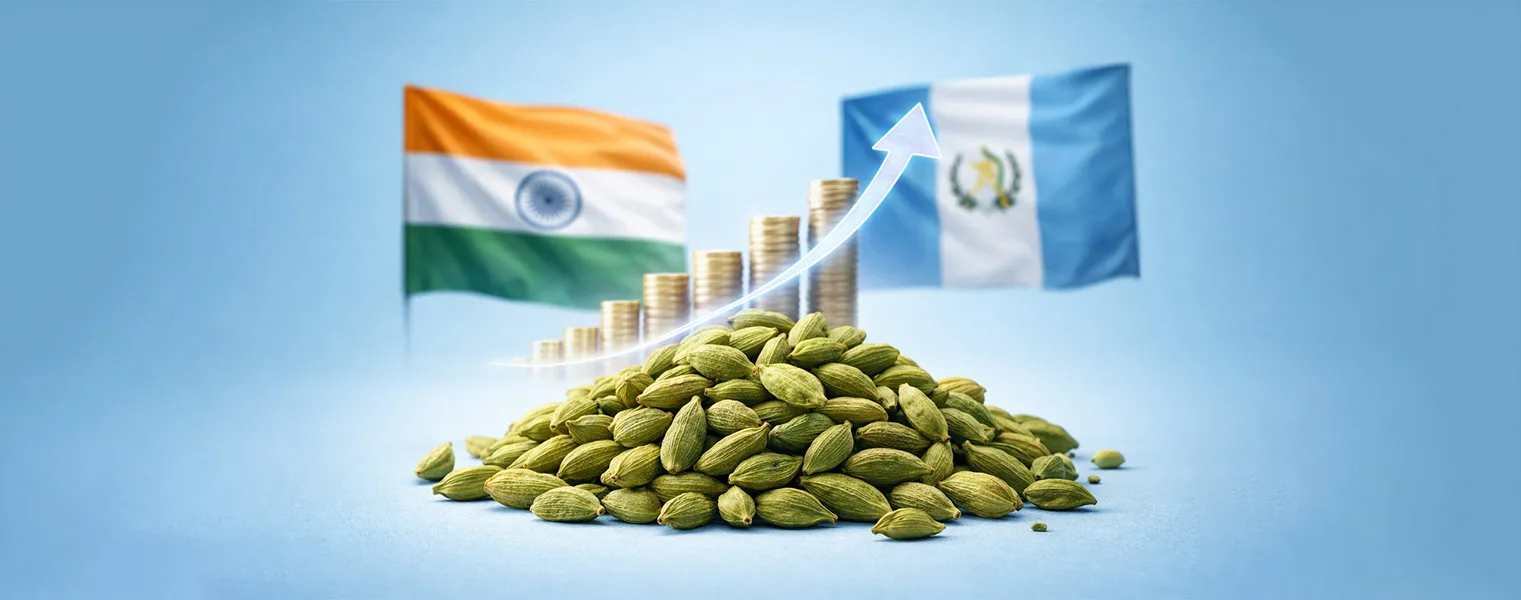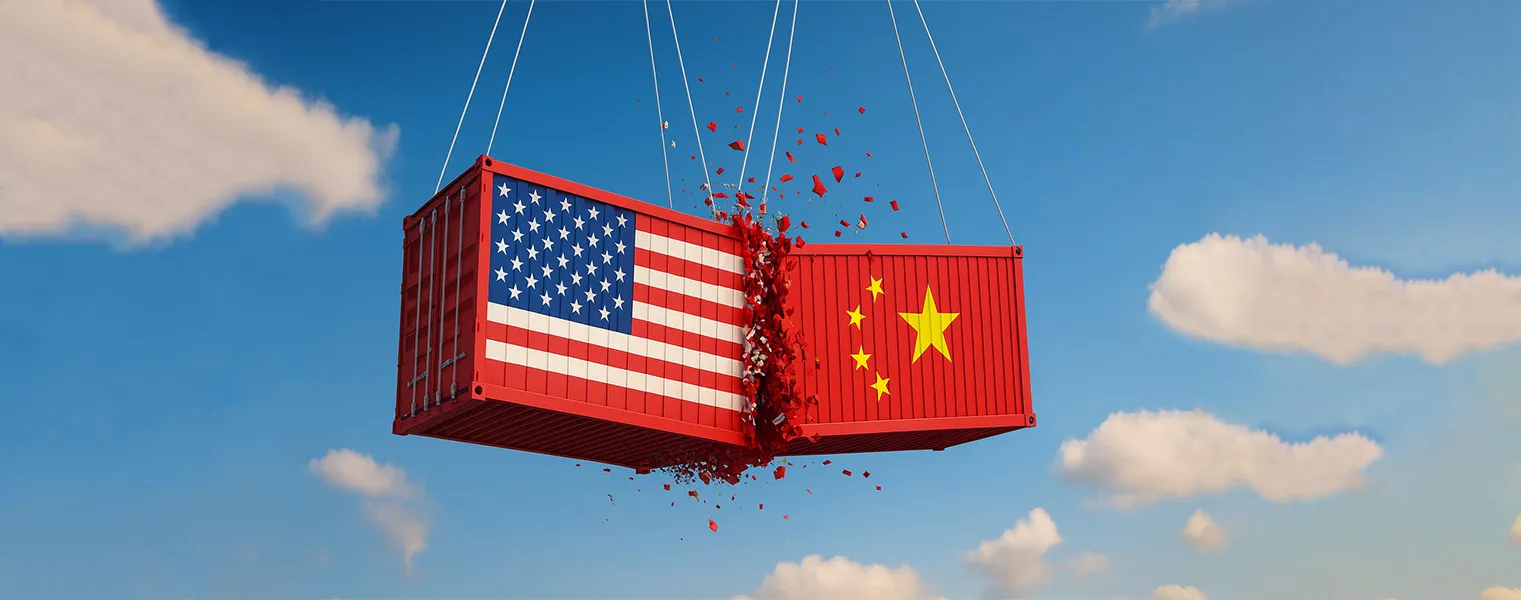Vietnam’s Processing Industry Under Heavy Pressure as Raw Nut Costs Rise and African Supply Expands
Overview
The cashew market is facing a challenging period. Vietnam, the world’s largest processor and exporter, is struggling because the cost of raw cashew nuts (RCN) is rising faster than the selling price of cashew kernels. Some companies are experiencing losses, and a few have already gone bankrupt. At the same time, African exporters—especially Côte d’Ivoire and Tanzania—are increasing their shipments and harvest sizes, adding more supply to the market. Global buying remains slow in key demand centers such as India.
Vietnam: High Raw Nut Prices Push Processors Toward Losses
Simple Key Points
-
Vietnam imports most of its raw cashew nuts for processing.
-
The price of imported raw nuts is rising faster than the price of exported kernels.
-
Many Vietnamese processors are losing money; some have filed for insolvency.
-
Vietnam needs around 3.5 million tons of RCN yearly but produces only about 300,000 tons.
-
Import bans in several African countries are reducing raw nut availability for Vietnam.
-
Only 15% of Africa’s cashews are processed locally; 85% are exported raw.
Simple Impact
If raw nut prices stay high or imports become harder, more factories in Vietnam may shut down, reducing global processing capacity.
United States Market Situation (from Vietnam’s Perspective)
Simple Key Points
-
U.S. import tariffs make it harder for Vietnamese exporters to raise kernel prices.
-
Suppliers fear that higher prices would reduce U.S. consumer demand.
-
Current price levels do not allow enough profit.
Simple Impact
Price increases in the U.S. market are expected in the new year to prevent further losses for exporters.
Africa: Rising Production and More Local Processing Attempts
Simple Key Points
-
Several African countries are encouraging local processing instead of exporting raw nuts.
-
These restrictions reduce the amount of raw material available for processors in Vietnam and India.
-
Côte d’Ivoire remains a major supplier and has increased exports to the EU by 31.9%.
-
Tanzania is expecting a record 700,000-ton harvest for 2025/26, up from 595,000 tons.
Simple Impact
Africa’s growing output supports global supply, but more local processing could limit raw nut availability for traditional processors.
European Union: Slight Import Increase, Strong African Growth
Simple Key Points
-
EU cashew imports for 2025 reached 153,619 tons, up 1.7% from last year.
-
Vietnam stays the largest supplier (109,775 tons).
-
Côte d’Ivoire’s shipments grew strongly to 25,143 tons (+31.9%).
-
Imports from India dropped 14.3%.
-
Germany is the biggest EU buyer, increasing imports by 23%.
-
Average EU import prices rose 18.4%.
Simple Impact
EU demand remains stable, and Africa is gaining a larger share of the market.
India: Weak Demand Keeps Prices Soft
Simple Key Points
-
Wholesale and retail demand in India is slow.
-
Prices have fallen for several imported grades (example: 180 count).
-
Stockists and bulk buyers are purchasing cautiously.
-
Market has enough supply, to the point that prices are not rising.
Simple Impact
Unless festival demand improves or supply tightens, prices in India may stay soft.
Market Outlook for Traders (Next 2–3 Months)
What to Expect
-
Vietnam’s processing issues may reduce supply later if more factories close.
-
Africa’s strong harvest and higher EU demand will keep raw nut and kernel flows active.
-
Prices may stay mostly stable to soft due to slow global demand.
-
India’s weak buying remains a major reason for the current soft tone.
-
Any major change—such as strong festival demand, reduced arrivals, or shipping delays—could shift prices.









